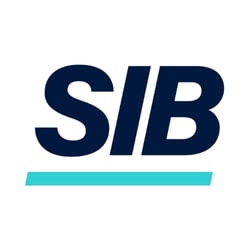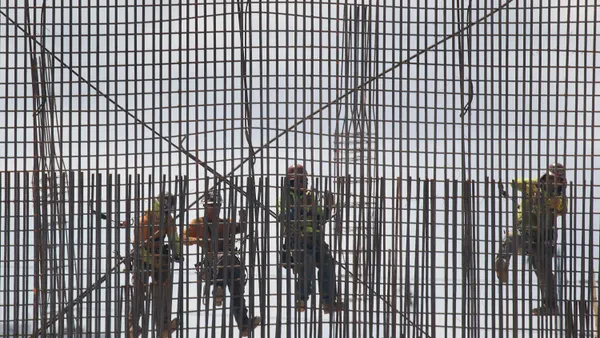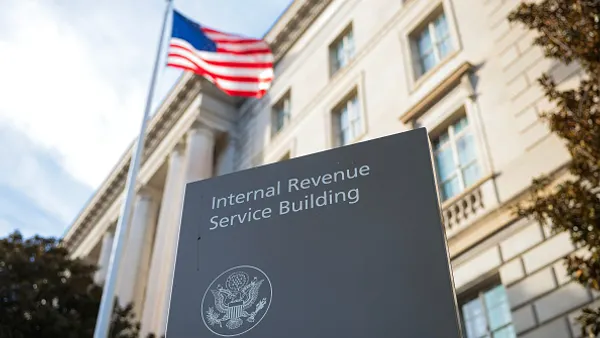Dive Brief:
- CFOs expect tariffs to have a major impact on price growth at their organizations this year as well as in 2026, according to a quarterly survey of finance chiefs by Duke University’s Fuqua School of Business and the Federal Reserve Banks of Richmond and Atlanta.
- On average, price growth would be about 30% lower in 2025 and roughly 25% lower in 2026 without the addition of tariffs, according to the survey results, released Wednesday.
- Despite an increase in overall optimism about the outlook for the U.S. economy, the “concern about tariffs is real and impactful for many CFOs in the survey,” Sonya Ravindranath Waddell, vice president and economist with the Federal Reserve Bank of Richmond, said in a press release.
Dive Insight:
Companies that have announced price hikes tied to Trump administration tariffs include Walmart, Home Depot, Macy’s and Adidas, according to a Business Insider roundup published this month.
“We're positioned to manage the cost pressure from tariffs as well or better than anyone,” Walmart CEO Doug McMillon said during a May earnings call. “But even at the reduced levels, the higher tariffs will result in higher prices.”
Almost half of firms surveyed by Duke University and the Federal Reserve Banks of Richmond and Atlanta said price or cost expectations for 2025 and 2026 had been affected by the implementation of tariffs or uncertainty around tariffs/trade policy. The poll was conducted between Aug. 18 and Sept. 5.
For the third consecutive quarter, tariffs and trade policy were the top concern among survey respondents, followed by monetary policy and inflation, according to a report on the findings. Respondents who cited tariffs as a top concern were more downbeat about the economy and their own organization.
Roughly 20% of firms reported that trade/tariff policy would negatively impact their hiring plans in 2025 and a quarter reported that it would negatively impact their capital spending plans.
On the bright side, finance chiefs revised upward their expectations for real gross domestic product growth over the next four quarters to 1.8% from 1.4% in the prior survey. The probability respondents assigned to negative year-ahead economic growth decreased to 13.6% from 22.7% last quarter.
When asked to rate optimism about the overall U.S. economy on a scale from 0 to 100, the average rating from CFOs was 62.9, a jump from 60.9 in the second quarter of the year.
“The outlook for the U.S. economy among financial decision-makers improved somewhat in the third quarter of 2025, as uncertainty declined,” the report said. “However, concerns about the impact of tariffs on prices and business performance continued to weigh on firms.”
















